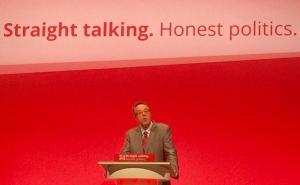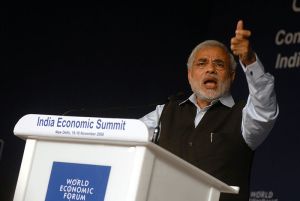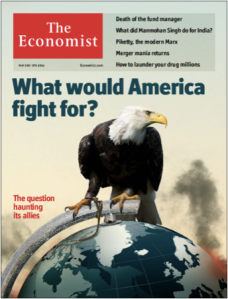By Sundar Senthilnathan and Sudeep Surendra

A well-designed transport system
India is no longer the place where one can romanticize sleepy villages. It is urbanizing at rapid pace. Out of a billion plus people, 377 million are living in more than 7,000 towns and cities. Over the next fifteen years, more than 200 million people could be added to the urban population. The number of million plus cities in India increased to 53 in 2011 from just 35 in 2001. 40% of the total urban populace reside in these 53 million plus cities. There is nothing unnatural about this spectacular growth as economic growth and urbanization go hand in hand. Despite Indian cities disproportionately contributing to GDP, the quality of life however is getting worse by the day. Roads, public transport, traffic regulation, housing, waste management, water distribution network, sewerage systems, health and educations services, and law and order – all in a state of seemingly irretrievable mess. In the 2013 liveability rankings by the Economist Intelligence Unit, Mumbai ranks 116 out of 140 cities. It fares just a notch better than violence prone Karachi and Damascus.
Resolving liveability problems require a systemic governance overhaul. At present, there are way too many city agencies that exist alongside Indian city governments. Planning and infrastructure provision for instance is under the control of bureaucratic bodies quite ironically called development authorities. The city governments have hardly any say in it. In most of Indian cities, water supply, sewerage and transport are not under the city government but under agencies that are accountable only to the state government. Many city governments are responsible only for street lights, parks, approach roads and storm water drains. This existing system is against the spirit of the 74th Constitutional amendment passed in the year 1992 that mandated establishing directly elected city councils. They were to be given the necessary powers to carry out functions from city planning to poverty alleviation. These city councils were set up as mandated, but were not given adequate powers to govern themselves. Many of them do not have control even over their own budget. The continuing deterioration of quality of life in cities is a function of impotence and inefficiency of city governments. Read More









